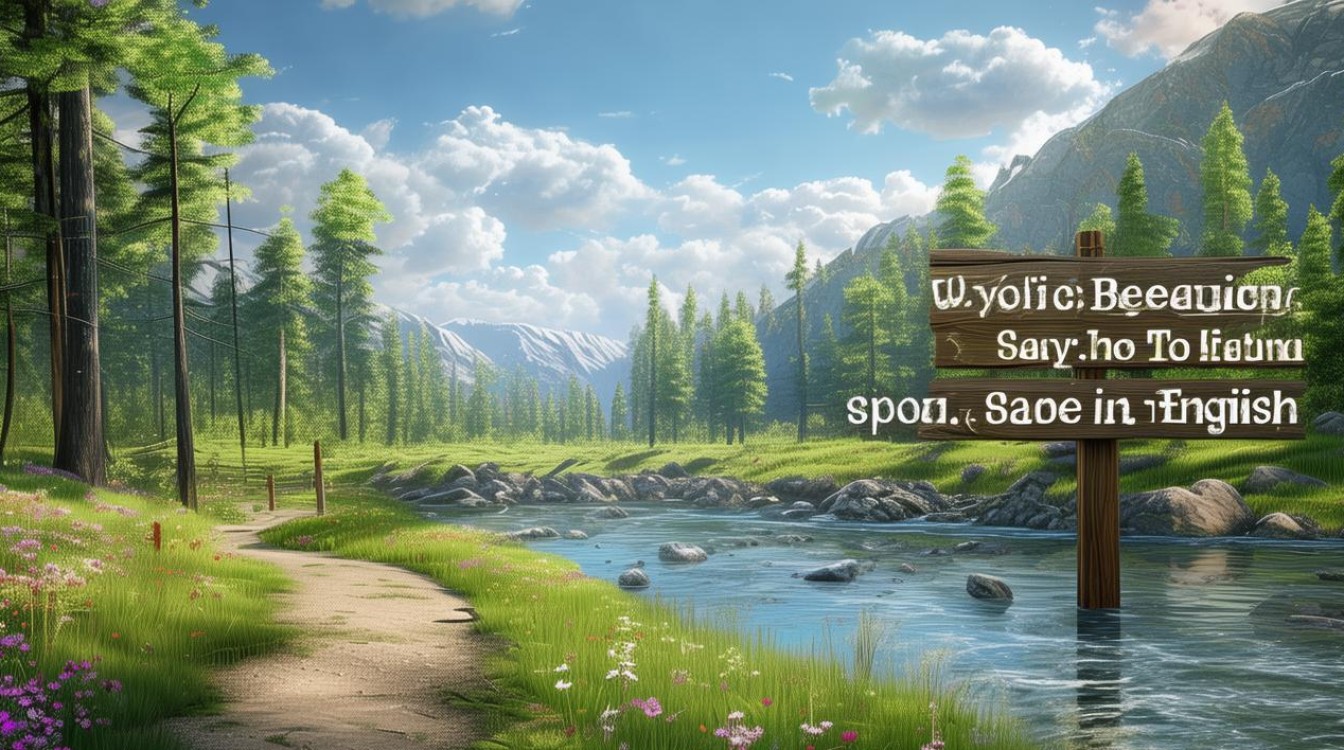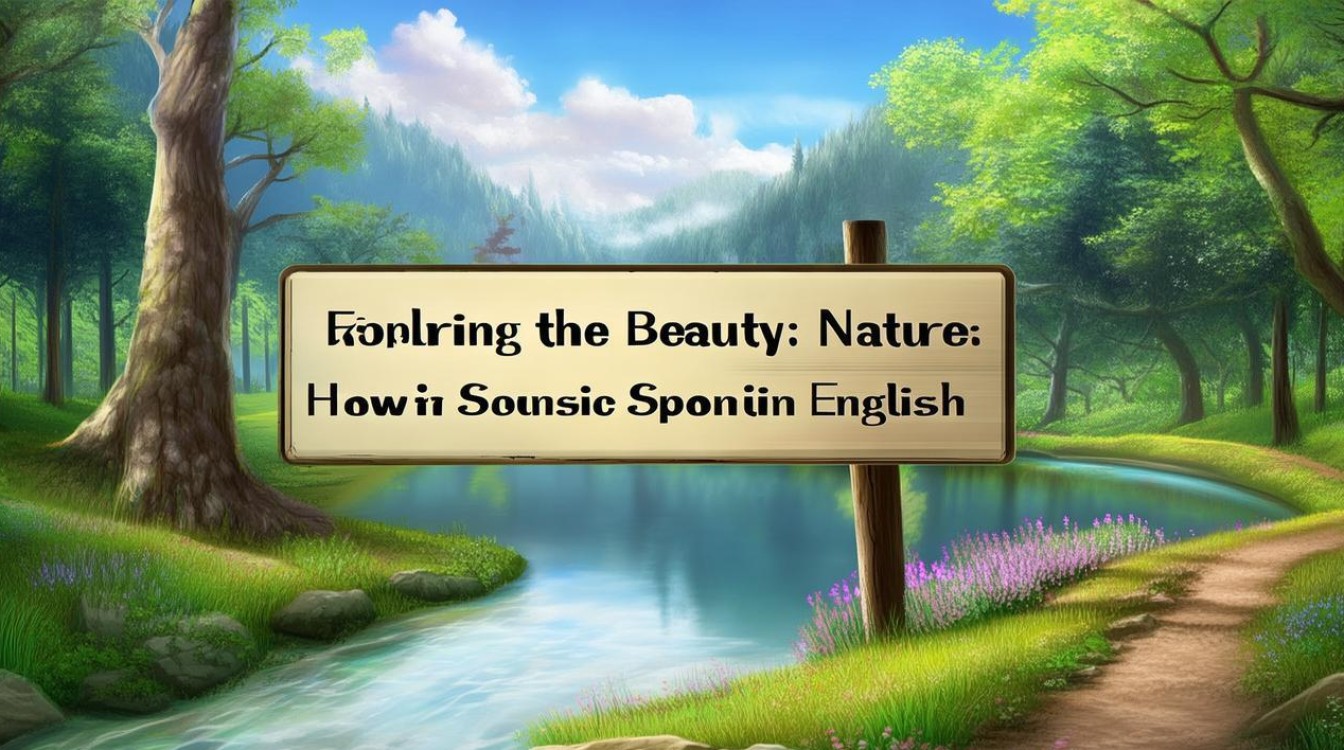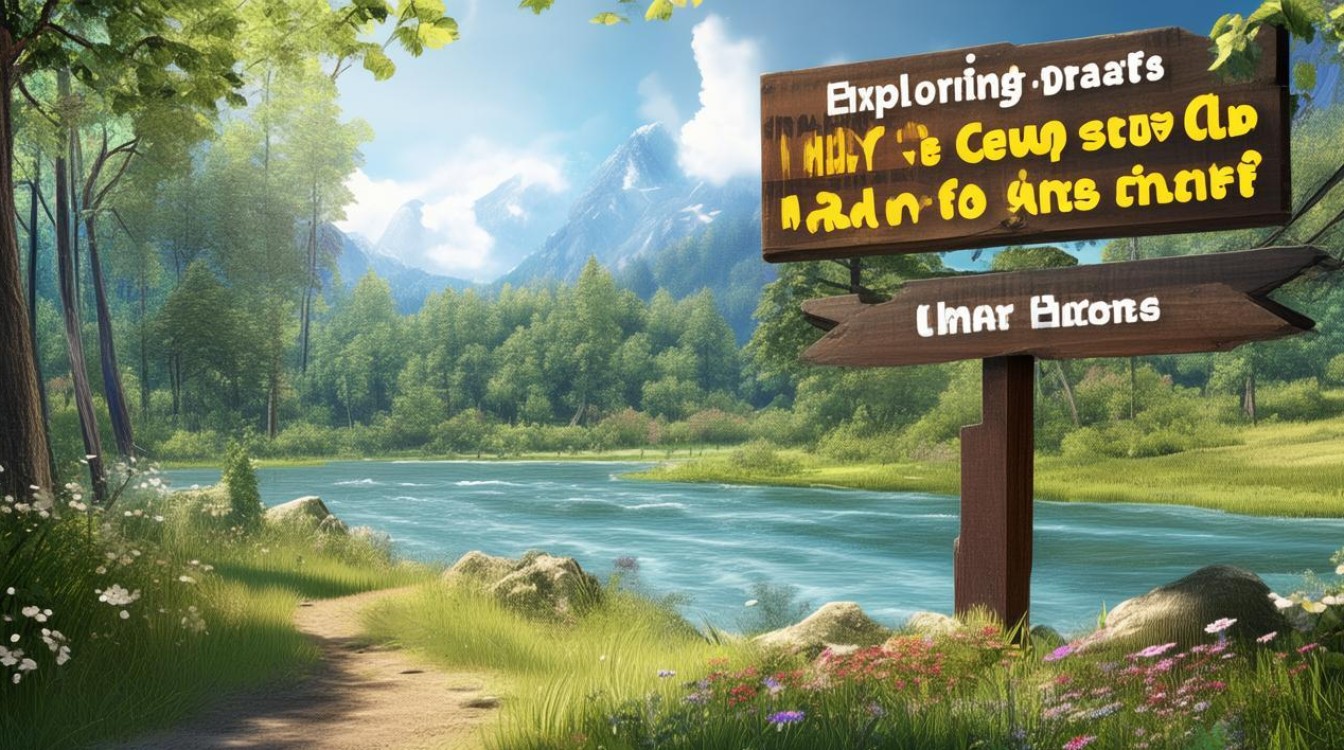The world is filled with breathtaking landscapes, from towering mountains to serene beaches. For travelers, language learners, or photography enthusiasts, knowing how to describe these wonders in English can enrich your experiences. Whether you're planning a trip or simply expanding your vocabulary, let’s dive into the English terms for various natural and man-made marvels.

Mountains and Valleys
Mountains inspire awe with their grandeur. Here are key terms:
- Mountain Range: A series of connected mountains (e.g., the Himalayas).
- Peak: The highest point of a mountain (e.g., Mount Everest).
- Valley: A low area between hills or mountains, often with rivers (e.g., Yosemite Valley).
- Cliff: A steep rock face, common near coasts or mountains.
For example:
"The Rocky Mountain Range stretches across North America, offering dramatic peaks and lush valleys."
Water-Based Landscapes
Bodies of water shape some of the most stunning scenery:
- Waterfall: Cascading water, like Niagara Falls.
- Lake: A large inland body of water (e.g., Lake Como).
- River: A flowing watercourse (e.g., the Amazon River).
- Beach: Sandy or rocky shores along oceans or lakes.
Phrase to use:
"The crystal-clear waters of Crater Lake reflect the surrounding cliffs perfectly."
Forests and Deserts
Wilderness areas have unique charm:

- Rainforest: Dense, tropical forests with high rainfall (e.g., the Amazon).
- Desert: Arid regions with sand dunes or rocky plains (e.g., the Sahara).
- Meadow: A grassy open field, often filled with wildflowers.
Example description:
"The Black Forest in Germany transforms into a snowy wonderland during winter."
Urban and Man-Made Beauty
Human creativity also produces scenic spots:
- Skyline: The outline of a city’s buildings against the sky.
- Bridge: Iconic structures like the Golden Gate Bridge.
- Park: Designed green spaces, such as Central Park.
Try this:
"Tokyo’s skyline, lit up at night, rivals any natural vista."
Seasonal and Weather-Related Terms
Nature’s changes create distinct beauty:
- Autumn Foliage: Vibrant fall leaves in shades of red and gold.
- Blossom: Flowers in full bloom, like cherry blossoms.
- Aurora: The Northern Lights, a celestial light display.
Descriptive sentence:
"The aurora borealis paints the Arctic sky with surreal greens and purples."

Coastal and Marine Wonders
Oceans and coasts offer diverse sights:
- Coral Reef: Underwater ecosystems teeming with life.
- Bay: A sheltered coastal area (e.g., Ha Long Bay).
- Island: Land surrounded by water, like the Maldives.
Phrase idea:
"The Great Barrier Reef is a kaleidoscope of marine biodiversity."
Cultural and Historical Scenery
Some landscapes hold deep significance:
- Terrace: Step-like fields, such as rice terraces in Bali.
- Ruins: Ancient remains, like Machu Picchu.
- Vineyard: Grape-growing estates, common in Tuscany.
Example:
"The Banaue Rice Terraces in the Philippines are often called the ‘Eighth Wonder of the World.’"
Sky and Celestial Views
Don’t forget the heavens:

- Sunset/Sunrise: The daily color spectacle.
- Starry Sky: A clear night filled with stars.
- Milky Way: The galaxy’s visible band in dark skies.
Descriptive tip:
"Atop Mauna Kea, the starry sky feels close enough to touch."
Practical Tips for Learning Scenery Vocabulary
- Use Flashcards: Label images of landscapes with English terms.
- Watch Travel Shows: Note how hosts describe locations.
- Write Postcards: Practice describing places you’ve visited.
Mastering these terms not only boosts your language skills but also deepens your appreciation for the planet’s diversity. Next time you see a majestic canyon or a tranquil lake, you’ll have the perfect words to capture its essence.
The ability to articulate the beauty around us connects us more deeply to both nature and culture. Whether you’re standing before a misty waterfall or a bustling cityscape, the right vocabulary transforms observation into storytelling.


